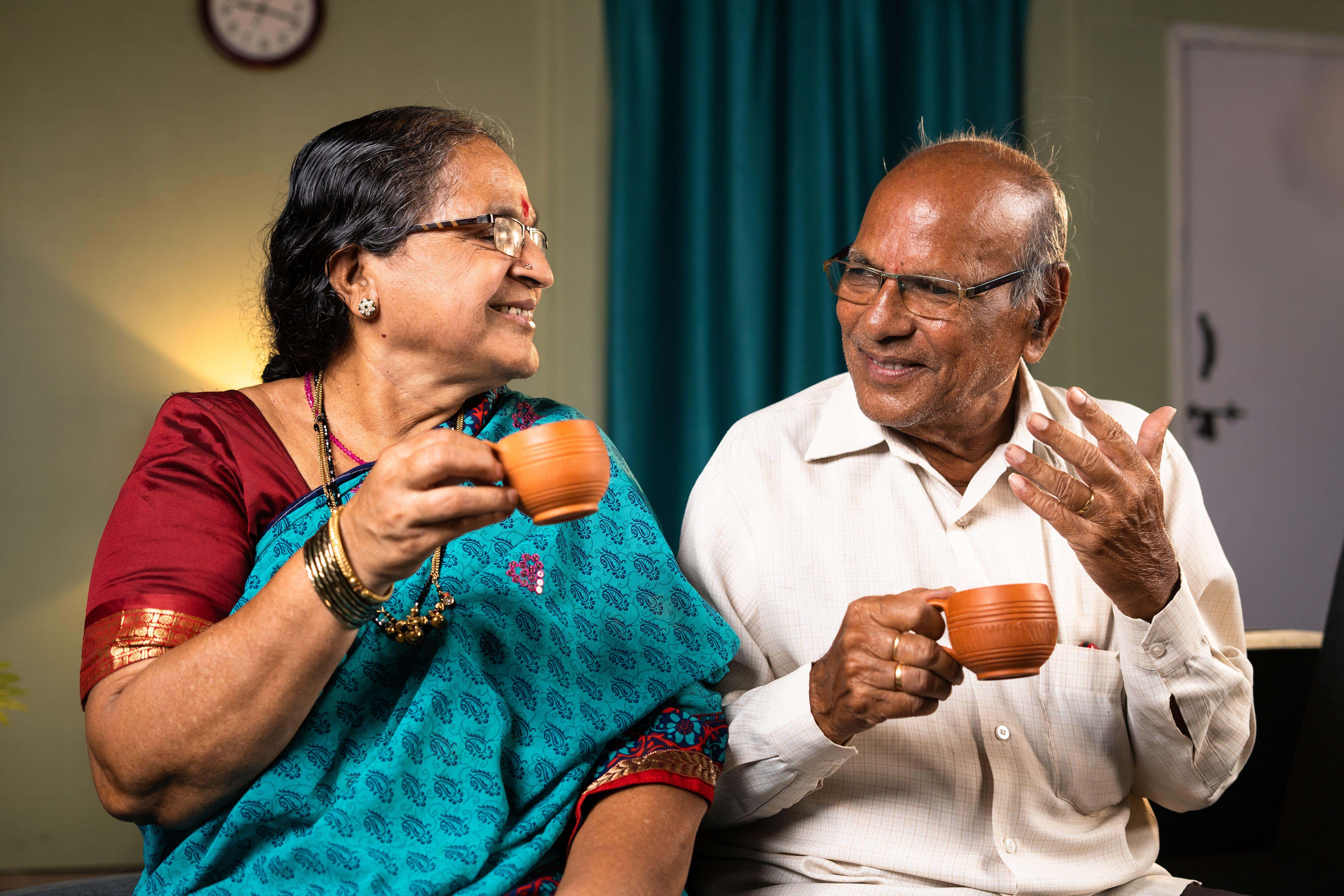How making a cup of tea could stop you getting scammed
Fraudsters will often put people under stress and pressure. By Vicky Shaw.

Putting people under pressure is a common tactic used by scammers, to trick people into doing something without really thinking it through.
When people are in a state of high stress, they may only realise after they’ve transferred their cash or handed over their personal details, that they have probably just been conned.
Scams can be so convincing that one in five (21%) people feel resigned to being likely to fall victim to a fraudster pretending to be someone else, according to recent research from Santander.
So, pausing for a moment to take stock of the situation – and to remove yourself from that sense of urgency and pressure they’re putting on you – can break the spell woven by a scammer.
This is exactly what the Take Five to Stop Fraud campaign is encouraging people to do – and in some cases, it could simply mean stopping to make a cup of tea.
More than two-fifths (44%) of those surveyed for Santander agreed that stopping for a cup of tea is the best way to add clarity to a situation, and for more than a third (35%), stopping for a cuppa has helped them to avoid making a grave mistake.
“Impersonation scams are playing havoc across the UK,” says Chris Ainsley, head of fraud risk management at Santander UK, which has launched a campaign. “Taking on the persona of the police, your bank or even a utility provider – criminals will do what they can to convince you to follow what they say.
“Charming, nasty, threatening – they’ll use whatever means they can to get you to part with your money. Don’t.
“If someone is pressurising you to transfer money to another account – whatever the reason – don’t do it. Hang up the phone or don’t reply to the message, and give your bank a call using the number on the back of your card.
“We don’t want the 21% of people who in our research admitted to feeling resigned to falling victim to one of these scams, to give the criminals what they want,” Ainsley adds.
“Instead, take a breath, have a cuppa, and really consider what you’ve been asked to do. Give yourself the space and control the situation. It’s your money – you decide what happens to it.”
Psychologist Dr Meg Arroll says doing some deep breathing can also help calm a situation down.
“Begin by breathing deeply through your nose, hold for a moment and then breathe slowly out through your mouth,” she suggests. “If you find yourself in a stressful situation, for example being confronted by something or someone suspicious, this can slow your heart rate down and provide a sense of calm.”
Stopping to jot things down with a pen and paper, or getting the perspective of trusted friends and family members can also bring clarity to a situation, she says.
“When in doubt, put the kettle on!” says Arroll.
If you think you have been scammed, tell your bank and the police as soon as possible.
Bookmark popover
Removed from bookmarks